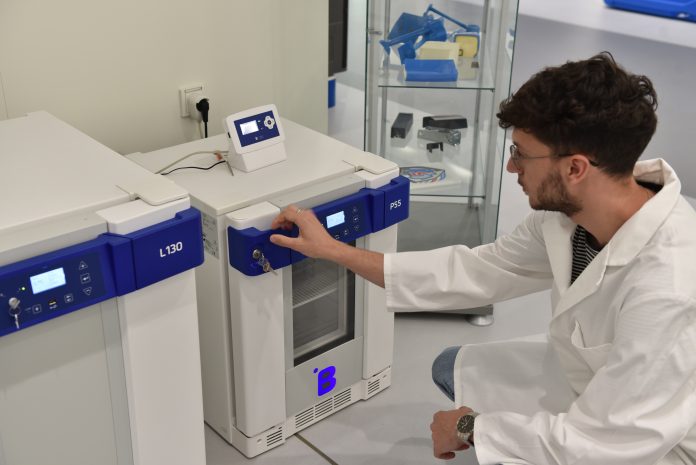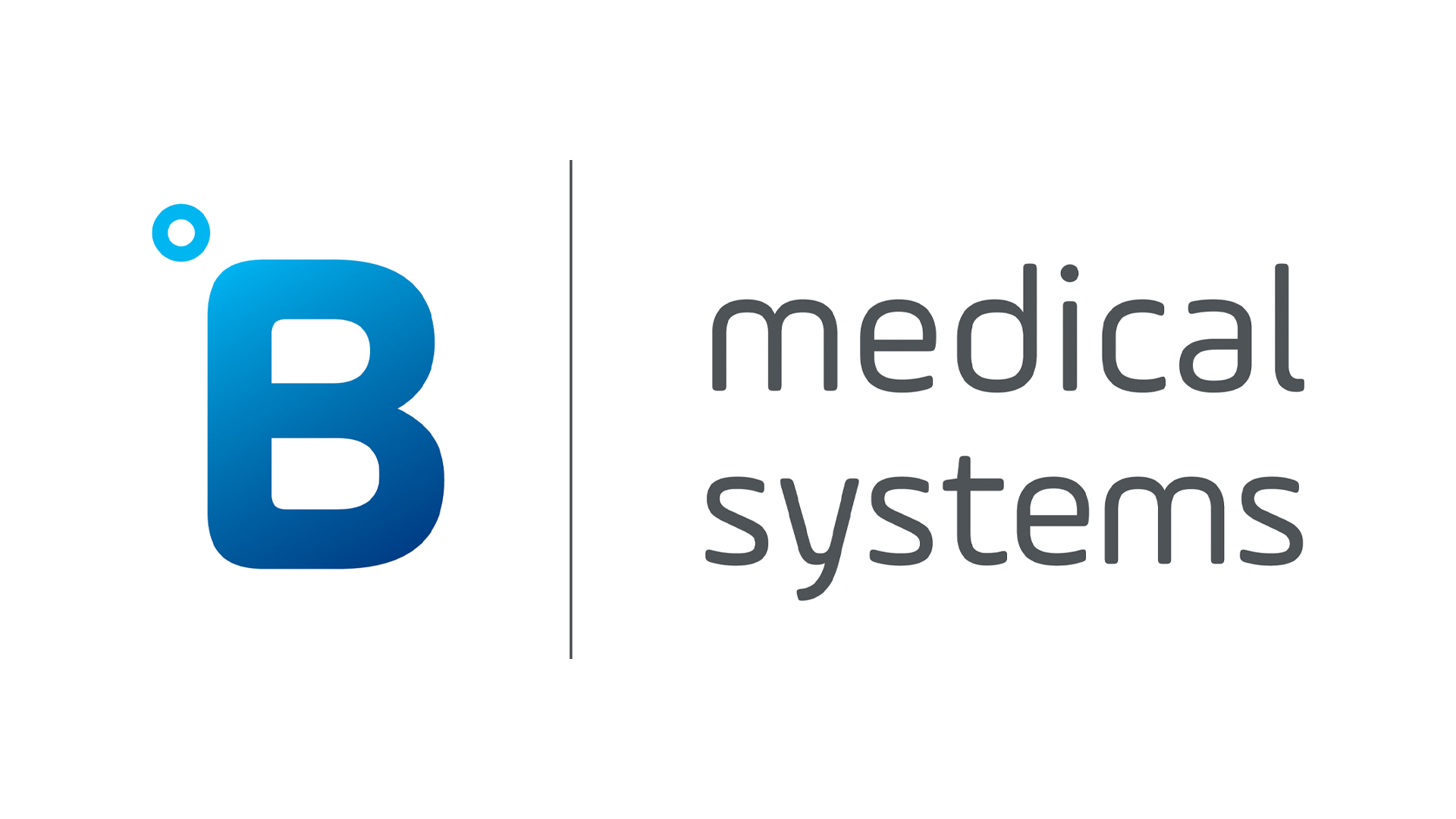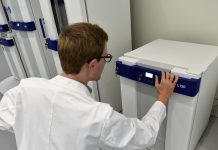
B Medical Systems shares essential tips for proper medical refrigerator storage to ensure the safety, effectiveness, and compliance of temperature-sensitive medications.
Storing medical products correctly is critical because these items are often sensitive to environmental conditions such as temperature, humidity, and light.
Medications that fall out of their ideal temperature range can lose their potency, effectiveness, and, in some cases, may even become harmful. Ensuring that medications are stored under the correct conditions preserves their quality and ensures patients receive the best possible care.
Find below essential guidelines to help you store medical products safely and effectively.
Using medical-grade storage
It is important to use a medical-grade refrigerator designed specifically for storing medications and vaccines.
Unlike household refrigerators, medical-grade units are equipped with more precise temperature controls, uniform cooling, and specialised features such as air circulation systems and more.
These features ensure that medications are always stored within the required temperature range (usually between 2°C to 8°C), minimising the risk of fluctuations that could compromise medication quality.
Moreover, medical-grade refrigerators are often designed to meet regulatory standards, offering an added layer of reliability for healthcare settings.
Temperature monitoring
The most crucial factor for storing medications in a medical refrigerator is keeping a stable temperature between 2°C and 8°C (36°F and 46°F), unless otherwise specified by the manufacturer.
Using a medical refrigerator with a reliable temperature display and alarms is critical for maintaining proper storage conditions. Moreover, it’s also important to use a temperature monitoring device that can track fluctuations and alert you in real-time if anything is out of the ordinary.
Daily temperature checks are also recommended, and logs should be maintained to track changes and note any corrective actions if the temperature fluctuates beyond the acceptable range.
This documentation ensures that you stay compliant with regulations and helps pinpoint issues before they cause problems.
Regular organisation and cleaning
Keeping the medical refrigerator clean and organised is an often overlooked but crucial aspect of proper storage. Medications should be labelled clearly with expiration dates visible, which helps avoid using expired or compromised products.
A good practice is to implement a first-in, first-out (FIFO) system, ensuring that items nearing expiration are used first. Regular cleaning of the refrigerator is also necessary to prevent contaminations that could compromise the safety of stored medications.
Be prepared for power outages
Power outages are one of the biggest threats to maintaining proper storage conditions for temperature-sensitive medications.
It’s essential to ensure that the medical refrigerator being used has a long holdover time and that a backup power supply or contingency plan is in place.
This could involve having access to a generator, relocating medications to a facility with stable power, or using temperature-regulated coolers as a temporary solution.
During power outages, it’s important to monitor and record temperatures to determine if any medications may have been compromised. Having a power outage protocol in place helps ensure the safety of your stock.
Routine maintenance is critical
To ensure that your medical refrigerator is functioning optimally, it is important to schedule routine maintenance checks. This includes verifying that door seals are intact, that there is no frost buildup, and that the cooling mechanism is working efficiently.
In addition, it’s helpful to maintain a maintenance log. Keeping track of routine service checks and any necessary repairs ensures compliance with regulations and allows you to stay on top of potential issues.
Accurate record-keeping
Temperature records, maintenance schedules, and incident logs should all be documented meticulously.
This serves multiple purposes: it helps ensure regulatory compliance, provides evidence during audits, and can help trace back problems if medication quality is ever in question. Most importantly, having clear documentation guarantees patient safety by minimising the chances of errors.
Staff training
Staff should be trained in temperature monitoring, dealing with power outages, understanding placement within the refrigerator, and general handling procedures for sensitive medications.
Investing in staff training is one of the most effective ways to protect the quality of stored pharmaceuticals.
Ensuring medication safety
Proper storage in a medical refrigerator is essential for safeguarding the quality and effectiveness of medications.
By maintaining correct temperatures, monitoring consistently, organising efficiently, and training all staff involved, you can ensure that every medication remains safe for patient use.
The safety and effectiveness of stored medications ultimately contribute to better patient outcomes, and it’s a responsibility that must be taken seriously.







